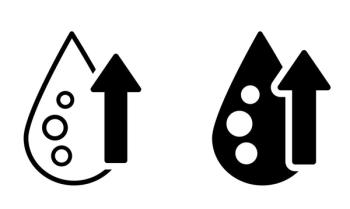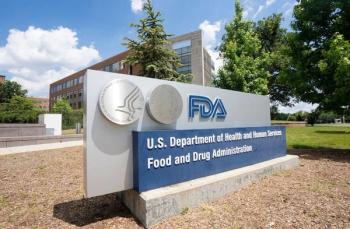
Survey Report: The Annual Checkup Should Stay
Respondents to a MedPage Today poll overwhelmingly supported the concept of annual preventive visits.
Respondents to a MedPage Today poll overwhelmingly supported the concept of annual preventive visits.
According to a report in Archives of Internal Medicine, the annual cost of preventive health visits is about .8 billion, yet only about 20% of recommended preventive services, such as mammography and cholesterol screening, take place during annual well-patient visits. (See:
The investigators in that study looked at the available physician supply and the average time spent on a preventive visit, and determined that if every adult were to have an annual checkup, those visits would "account for 41% of all direct patient time for primary care physicians."
So we asked visitors to MedPage Today whether, given those metrics, it's time to abandon the concept of a standard annual preventive health visit.
A resounding 72% of the 858 respondents said No, an annual preventive visit is valuable if for no other reason than it gives doctors and patients a face-to-face encounter periodically.
One physician put it succinctly: "What could be more important than establishing the healing relationship?"
Said another, "to abandon the annual physical exam is akin to abandoning airbags in cars because not many people use them and they're costly. Our current knowledge of medicine sets a standard of care to which we should aspire. If we cannot meet that standard, we should get our patients as much of that care as we can."
And another noted that "without a review of data annually, there will be an even greater increase in costs as we go backwards into a practice of fixing what breaks as and when it happens."
But at least one physician pointed out that the benefits of an annual physical can't be fully realized "in the 10-minute visits allowed by some health systems for preventive care."
Only 28% of respondents voted to abandon the annual checkup because they're too costly, in both time and money, but some were clearly looking at it from the patients' point of view, not society's. Said one doctor, "many folks can't afford annual checkups these days, much less expensive tests or health insurance."
But another physician was clearly looking at cost-effectiveness. "The benefit of the preventive services has to be evaluated very carefully." He found they come up lacking, doing nothing but incurring cost, and "literally stealing money from other needed sectors of health care."
A physician's assistant countered the argument that annual physicals are too expensive by noting that "mid-level providers are cost-effective professionals . . . and the annual exam could be a less expensive process if it were focused or tailored, and if further investigation was based on an appropriate risk assessment."
A nurse practitioner reframed the context, noting that it's important to look at the reason that only 20% of recommended services are being obtained. "If it's because we are not ordering them, then shame on us for short changing our patients. However, if the reason is that the patients are refusing to get the tests then that is their choice."
He closed with a sentiment similar to that suggested by many respondents. "We need to better educate our patients on the importance of monitoring," he said. "We also need to find ways to spend the time the patients need. Short quick visits are destroying provider/patient relationships."
Newsletter
Enhance your clinical practice with the Patient Care newsletter, offering the latest evidence-based guidelines, diagnostic insights, and treatment strategies for primary care physicians.

































































































































